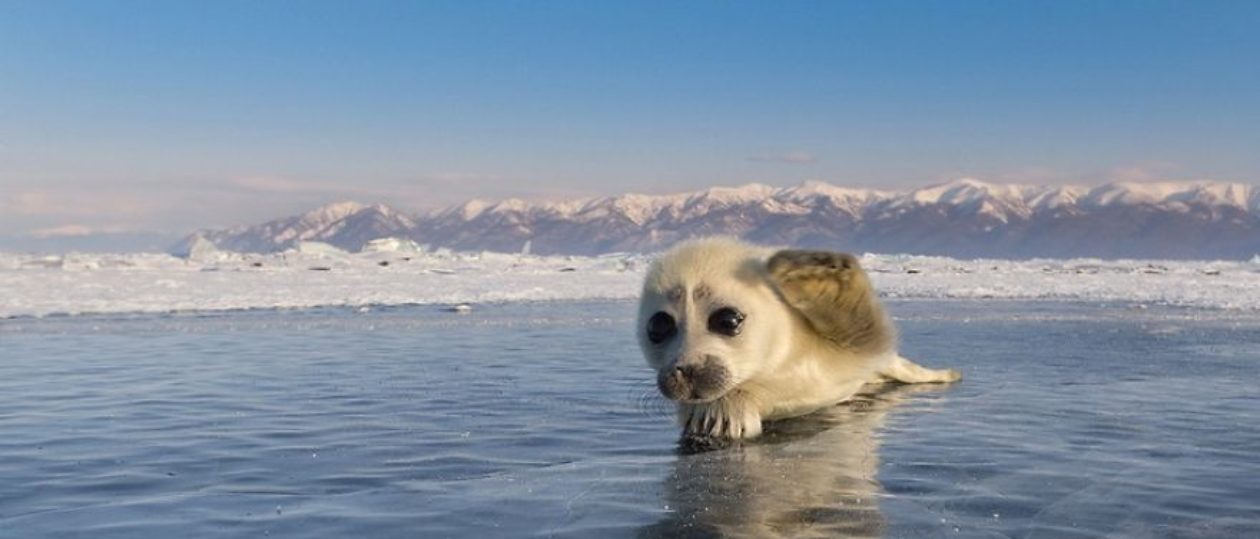 From Nicolas Haeringer of 350.org:
From Nicolas Haeringer of 350.org:
“There are times when words are hard to come by, and when you find them they feel inadequate.
I’m writing you from France, with a heavy heart. Following Friday’s attacks in Paris, the mood here is tense. People are angry, and many are afraid. Many of our staff members are in Paris to get ready for the climate talks in a couple of weeks, and they are feeling the pain of this moment sharply.
I am heartbroken — for the lives lost in Paris, and for those lost in Beirut and Baghdad, which also suffered devastating attacks late last week. Clearly the world is hurting in many places right now.
As we’ve struggled to find the right words and the right response to Friday night’s attacks, one thing rises to the top for me:
The upcoming Paris Climate Summit is, in a sense, a peace summit — perhaps the most important peace summit that has ever been held.
We need global solidarity more than ever right now, and that is, really, what this movement is all about. Even as climate change fans the flames of conflict in many parts of the world — through drought, displacement, and other compounding factors — a global movement that transcends borders and cultural differences is rising up to confront this common existential threat.
Let’s hang on to that solidarity and love. Let’s learn from it. Especially at a time like this.
Friday night’s events were horrific, and we must clearly and unequivocally condemn such violence. Their aftermath has also been frightening though, and we should stand in equal condemnation of the instinct to meet violence with more violence. It is a cycle as old as it is ugly: after tragedy comes the rush to judgement, the scapegoating, the xenophobia and Islamophobia, the blame.
There is a real danger here that those already impacted by both the climate crisis and the wars that are so intimately bound up with it — migrants, refugees, poor communities, and communities of color — will be further marginalized.
If there is a thing we must resist, it is our own fear and short-sightedness. No government should use a moment like this to increase the burden of hatred and fear in the world — sowing suspicion, calling for war, and reducing people’s civil liberties in the name of security. This is a mistake we’ve seen too often before, compounding tragedy with more tragedy.
The Paris Climate Summit, scheduled to begin in just a couple of weeks, will proceed. The government is promising heightened security measures, which is understandable but also worrisome.
We don’t yet know what Friday night’s events mean for our work in Paris. The coalition on the ground is committed to working with the French authorities to see if there is a way for the big planned march and other demonstrations to safely go forward. We fully share their concerns about public safety — just as we fully oppose unnecessary crackdowns on civil liberties and minority populations.
We do know that this global movement cannot and will not be stopped:
The Global Climate March — a worldwide day of action scheduled for November 28th and 29th — will also proceed, no matter what. We can think of few better responses to violence and terror than this movement’s push for peace and hope.”
 There are nine celebrities who are advocating for climate action.
There are nine celebrities who are advocating for climate action.
 I wish you and your loved ones a very happy and healthy holiday season. Let us be grateful for our blessings and may there be peace on Earth.
I wish you and your loved ones a very happy and healthy holiday season. Let us be grateful for our blessings and may there be peace on Earth. Were the Paris climate talks and the climate agreement a success? It depends who you ask. Below are two comments from leaders who would say yes and two comments from leaders who would say no. Personally, I feel the agreement is a good start but we have much more work to do.
Were the Paris climate talks and the climate agreement a success? It depends who you ask. Below are two comments from leaders who would say yes and two comments from leaders who would say no. Personally, I feel the agreement is a good start but we have much more work to do. From Nicolas Haeringer of 350.org:
From Nicolas Haeringer of 350.org: